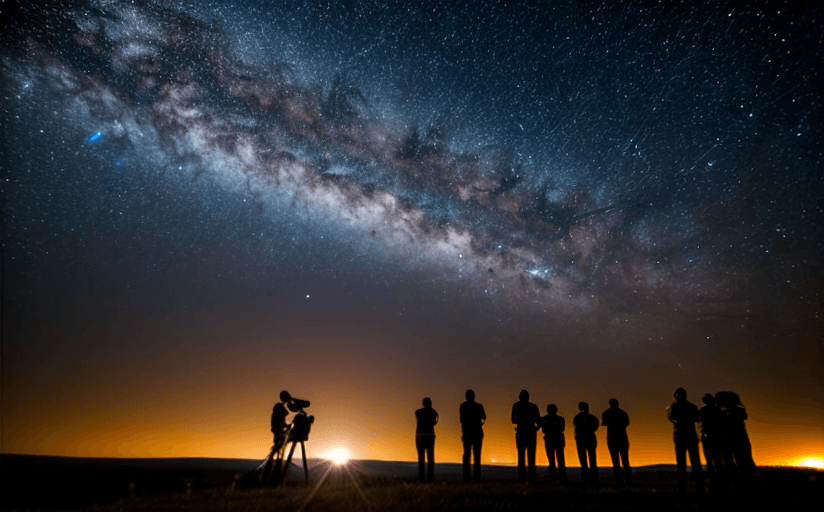The Impact of Astro-Tourism on Night Sky Visibility and its Environmental Implications
The allure of the celestial bodies, galaxies and the infinite universe has led to an increase in astro-tourism worldwide. While providing education about the universe and contributing to local economies, this phenomenon also has multiple implications for night sky visibility and the environment.
The Effects of Artificial Light on Night Sky Visibility
One of the primary concerns associated with astro-tourism is artificial light pollution. In many popular tourist destinations, illumination at night helps to ensure safety and functionality. However, these amplified levels of light pollution adversely impact the visibility of the night sky.
The excess artificial lighting drowns out the otherwise visible stars, galaxies, and meteors, making it harder for astro-tourists to enjoy the night sky, explains Dr. Paul Wilson, an expert in light pollution and astro-tourism.
The Impact on Wildlife and Ecosystems
Artificial light doesn't just affect those seeking to enjoy the night sky - it can also have serious implications for local wildlife and ecosystems. Most evidently, nocturnal animals, which are accustomed to darkness, face significant disorientation and behavioural changes because of these altered light conditions.
Light pollution disorients many nocturnal species, forcing them to alter their natural behaviour and disrupts their feeding, breeding, and migration patterns, highlights Emma Gomez, an Environmental Biologist.
Strategies for Sustainable Astro-Tourism Practices
Despite the damaging effects of artificial light pollution, experts believe that there are potential solutions to promote sustainable astro-tourism. The International Dark-Sky Association (IDA) suggests shielding lights, using timers for outdoor lights, and encouraging the use of lower-intensity, long-wavelength sources of light.
By using lighting efficiently, we can reduce the overall light pollution we produce without compromising the safety and utility of outdoor lighting, says Michael J. Simpson, an expert at the IDA.
Furthermore, fostering awareness among astro-tourists about the impacts of artificial light and advocating for 'lights off' periods in the night can also contribute to reduced light pollution.
Conclusion
While astro-tourism brings a host of benefits, it's crucial to consider its potential impacts on night sky visibility and local ecosystems. By implementing sustainable practices and educating tourists, the beauty of the night sky can be preserved for future generations to admire.
As there is an increasing global emphasis on sustainable tourism practices, it's hoped that these solutions will be incorporated at all levels, from governmental policy down to individual action. Let us aim for a future where we can enjoy the profound beauty of our universe, without compromising on the beauty of our planet.

















Comments
Leave a Comment